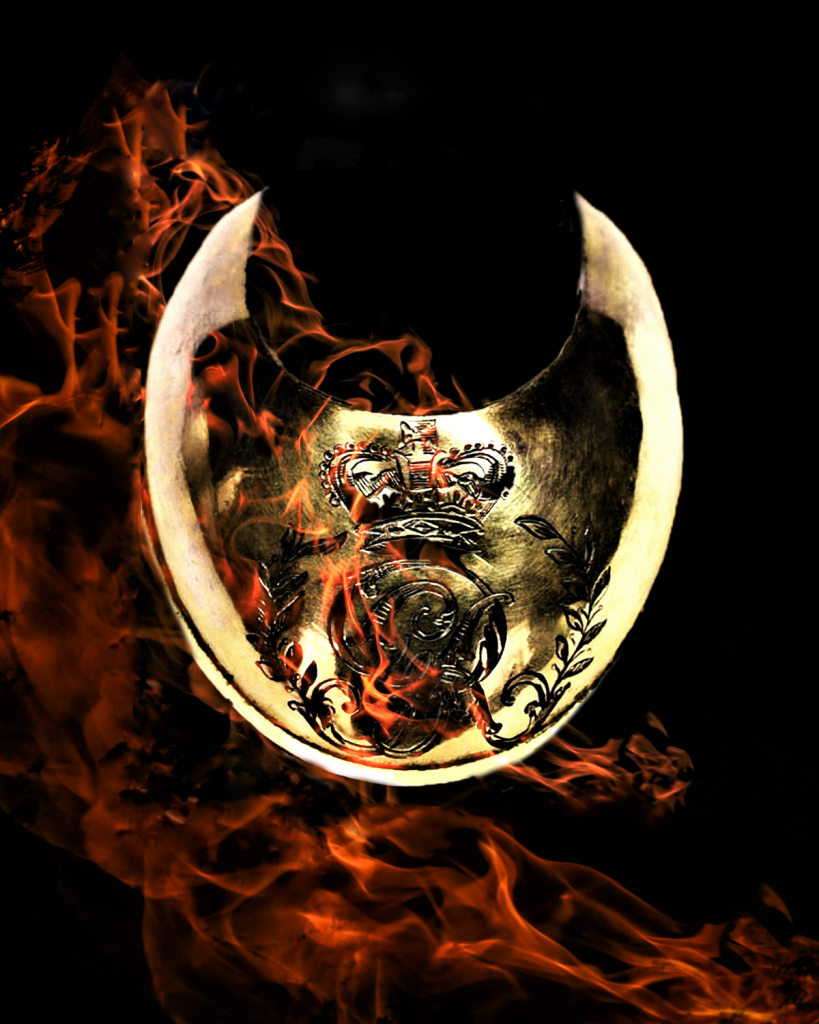METHOD WRITING
3 Sep 2019

He was a man profoundly disillusioned by life, a cynic and an atheist whom circumstance, and physical pain, and a growing mental disquiet had rendered irritable and intolerant: younger officers found him a pitiless superior, and he felt his estrangement from them as from another generation. He had cherished ideals, and concepts of honour which he now considered absurd, and they had been destroyed in a bloody sewer of war which had also claimed his politics and his ambitions. He had no friends— they had been slaughtered while, inexplicably, he had lived— and no fears, only an insensate courage born of prolonged exposure to death….
The story begins with an English soldier, an officer in the 4th Regiment of Foot. Scarred, disillusioned, the veteran of long years of war with France: a man of honour who drinks too much but who will not tolerate the smell of alcohol on a sergeant’s breath, a musician whose sensitive hands are raw with eczema, a professional killer who cannot remember the faces of those he has killed. He is suffering from what the 21st century would call post-traumatic stress disorder.
But this is not the 21st century. It is July 1746, and this man, Major Achill Mordaunt-Collins, is attempting to preserve his sanity in the bloody aftermath of the Jacobite rebellion, when the British army is perpetrating atrocities throughout the Scottish Highlands, the consequences of which will reverberate for generations.
This is the beginning of Coronach, and Mordaunt’s anguished struggle with conscience and morality will precipitate a crisis that will determine the course of the entire novel, and influence the lives of other characters for four decades of a turbulent century.
Who is he? And where did he come from? Why is he important?
Because he walked into my mind, many years ago, a professional soldier with the blood of civilians on his hands, and asked, “Why?”
It was up to me to find out why.
I call this ‘method writing’.
In the early years of the 20th century the Russian actor and director Konstantin Sergeyevich Alexeyev, whose stage name was Stanislavski, pioneered a system whereby actors explored the psychology, the inner lives and memories, of the characters they were portraying. This revolutionary approach to acting, which became known as ‘The Method’, was further developed in the 1950s by actor, director and teacher Lee Strasberg at the Actors Studio in New York, until it became a technique employed by actors Paul Newman, Al Pacino, Robert de Niro, Marlon Brando, Jane Fonda, Dustin Hoffman, Christian Bale and Daniel Day Lewis, among others, to create a world within, from which they refined and continue to refine the nuances of performance.
I delve into the psychology of the characters who present themselves to me and say, “This is who I am. This is my voice. My face. My state of mind. My religion or otherwise. My sexual orientation. These are the complexities within. Now you discover them.”
I peel back the layers. I delve into their minds, their souls, their pasts. I may not need all this information, but it will become an invaluable resource on which I may draw to evoke a personality, enhance it, deepen it. With this knowledge I can do it with a single phrase, the literary equivalent of a brushstroke.
Back to my soldier. He does not exist in a vacuum: and what he is and is not, and what he does and, morally, cannot do, will bring him into conflict with his commanding officer. No ordinary antagonist but a deeply complex man, he, like Mordaunt, appeared by my desk, so to speak, with the rank of lieutenant-colonel, an aristocratic face, a voice so distinctive that I was aware of its every intonation, and a maimed right arm, inspired by Robert Rich, the real colonel of the 4th Regiment of Foot, whose hand was hewn from his wrist by a Highland broadsword at the battle of Culloden. His name is the Honourable Aeneas Bancroft, and he is an opium addict, and homosexual in a time when homosexual acts in the armed forces are crimes punishable by death.
The cataclysmic confrontation between these two men, their irreconcilable differences, the unexpected emotional complexities of their relationship, lie at the very heart of Coronach. Without these complexities, without their uniqueness, without their credible humanity, there would have been no story.
But there is a story. Their story, and the stories of others whose lives are interwoven with theirs. Because of them the book comes alive: it speaks with power and passion, and with truth. Because I observed, analysed, sought to understand their motives, divined their secrets and reconstructed their pasts, and knew their hopes and fears as intimately as my own. They love, they hate, they live, they die, reflecting the truths of human nature, and the uncompromising, inexpungible truths of history.
